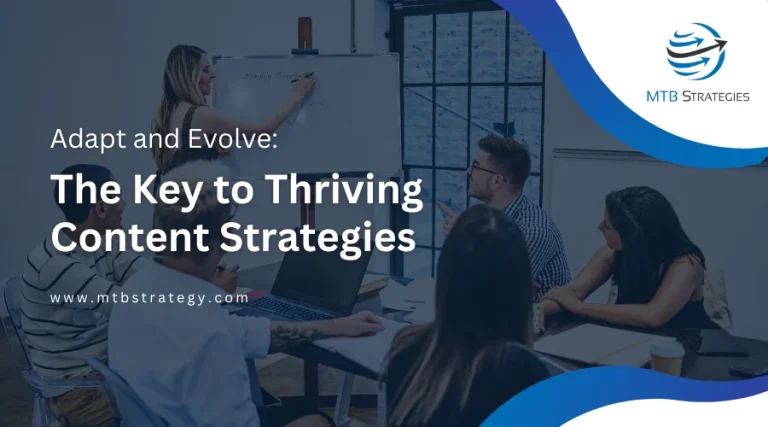In the ever-evolving landscape of digital marketing, success isn’t just about having a strategy—it’s about constantly refining and adapting that strategy. For small business owners, conducting regular audits and investing in continuous training isn’t just a checkbox—it’s a roadmap to staying agile, competitive, and relevant in a dynamic marketplace.
Regular Audits and Reviews: The Key to Agility
In the fast-paced world of digital marketing, what worked yesterday might not work tomorrow. Regular audits and reviews of your digital marketing strategies are crucial. Here’s why:
- Assessing Performance – Regular reviews allow you to assess the performance of your digital marketing initiatives. You can identify what’s working well, what needs improvement, and what isn’t yielding the desired results.
- Adaptation and Optimization – By analyzing the data gathered from audits, you can make informed decisions. Adjusting strategies, reallocating resources, or pivoting approaches becomes easier, allowing your business to stay adaptable and responsive to market changes.
- Competitive Edge – Staying stagnant in the digital realm can leave you behind. Regular audits help you stay abreast of industry trends, technological advancements, and competitor strategies, ensuring you stay competitive.
Training & Knowledge Sharing: Fostering a Culture of Growth
In the dynamic world of digital marketing, knowledge is power. Here’s how fostering continuous learning among your team can be a game-changer:
- Empowerment through Education – Organizing training sessions and workshops keeps your team updated with the latest trends, tools, and best practices in digital marketing. This empowers them to implement strategies more effectively.
- Sharing Industry Insights – Encouraging a culture of knowledge sharing allows team members to exchange insights, experiences, and industry updates. This collective knowledge boosts innovation and creativity within the team.
- Adaptability and Innovation – Continuous learning fosters adaptability. It encourages your team to embrace new technologies, experiment with innovative ideas, and stay ahead in an ever-evolving digital landscape.
Implementing Regular Audits and Training
Here’s a guide for small business owners to effectively integrate regular audits and training sessions into their digital marketing strategies:
- Establish Audit Routines – Set a schedule for regular audits—monthly, quarterly, or bi-annually—depending on the pace of your business. Evaluate metrics like website performance, campaign effectiveness, and customer engagement.
- Data-Driven Decision Making – Use data from audits to make informed decisions. Identify patterns, trends, and areas for improvement. This data-driven approach ensures your strategies are based on insights, not assumptions.
- Invest in Training Resources – Allocate resources for training sessions, whether through online courses, workshops, or hiring industry experts. Ensure your team has access to the latest information and tools to excel in their roles.
- Promote Knowledge Sharing – Encourage an open environment where team members feel empowered to share their insights, experiences, and industry updates. Foster a collaborative culture that values continuous learning.
A Path to Sustained Growth
For small business owners navigating the digital terrain, regular audits and continuous training aren’t just tasks—they’re investments in growth, adaptability, and competitiveness. By regularly evaluating and refining digital marketing strategies and fostering a culture of continuous learning, businesses can chart a course towards sustained success in a dynamic marketplace.
By embracing a mindset of constant improvement, staying updated with industry trends, and nurturing a team culture that values knowledge sharing, small businesses can position themselves as agile, innovative, and primed for growth in the ever-evolving digital world.
Regular audits and continuous training are integral components of a successful digital marketing strategy. They not only help businesses stay relevant but also empower teams to adapt, innovate, and drive growth in a competitive landscape.






